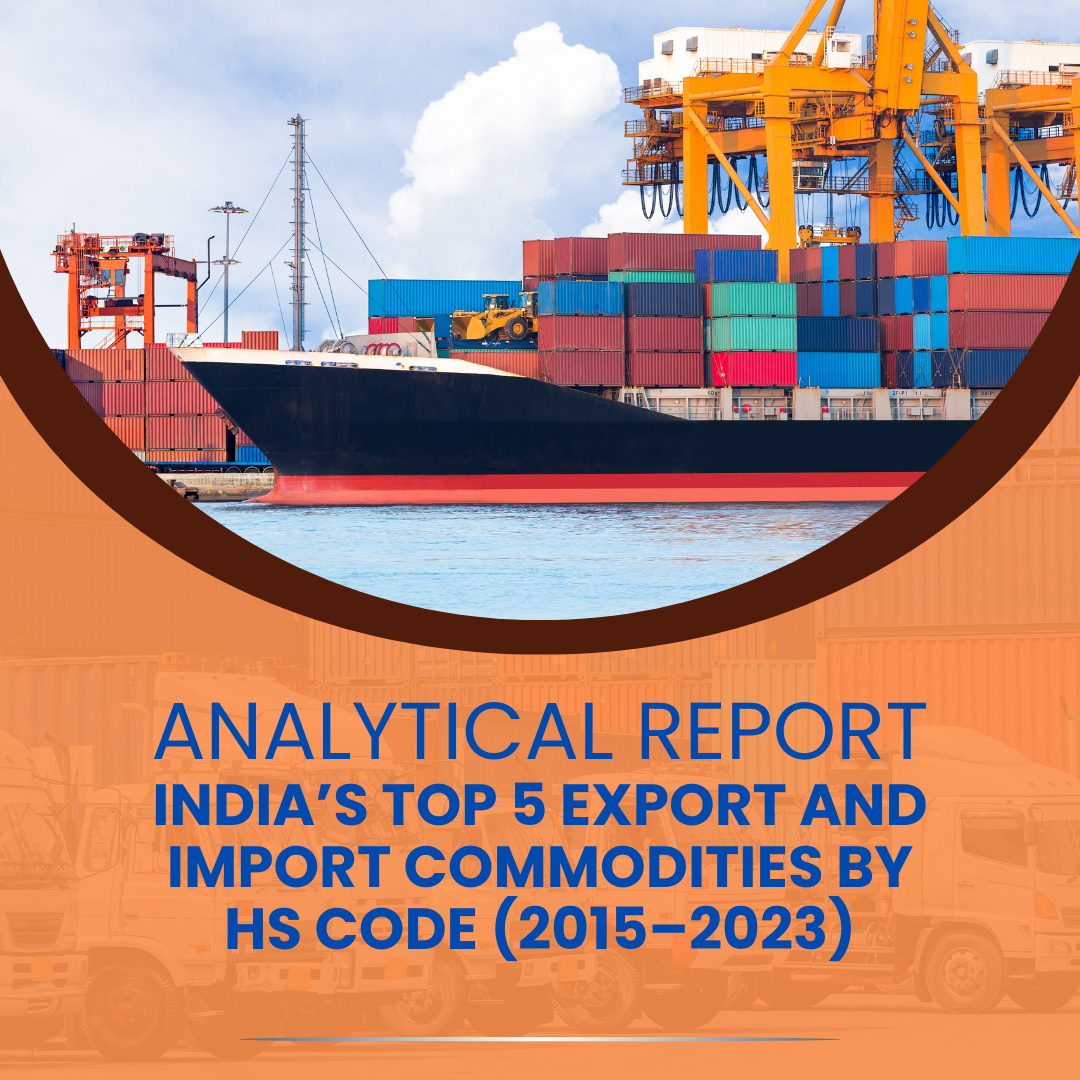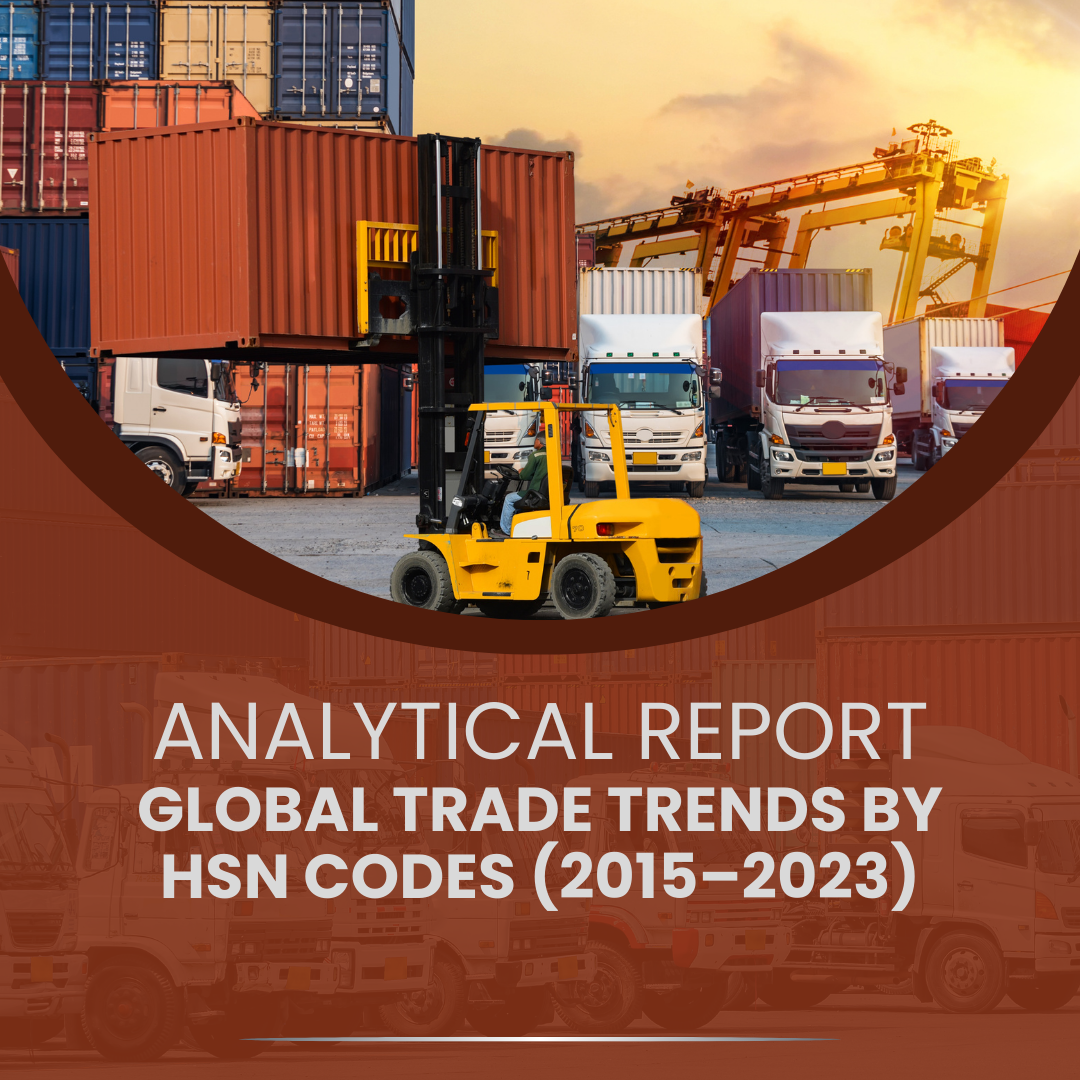
In the dynamic world of global trade, trade compliance serves as a cornerstone for businesses navigating complex regulatory landscapes. It ensures adherence to international trade laws, safeguarding businesses from financial and reputational harm. Programs like the Customs Trade Partnership Against Terrorism (CTPAT) enhance compliance by fostering secure and efficient trade practices. Non-compliance in international trade, however, can lead to severe consequences, including hefty fines, shipment delays, and legal repercussions. Understanding and addressing common trade compliance pitfalls is crucial for sustainable success.
1. Lack of Understanding of Trade Compliance Regulations
Navigating trade compliance regulations can be daunting due to their complexity and variability across countries, industries, and product categories. Misinterpretations often result in costly errors, such as incorrect tariff classifications or missing licenses, which can lead to fines, shipment delays, or damaged reputations. Businesses must stay informed and proactive in understanding these rules to avoid non-compliance. Regular training, clear guidelines, and expert consultations are essential for mastering the intricacies of trade compliance effectively.
Actionable Tip:
- Organize regular training sessions to keep staff updated on current regulations.
- Develop comprehensive manuals that detail country-specific trade requirements.
2. Inadequate Documentation Practices
Accurate and thorough documentation is vital for seamless customs compliance, yet many businesses falter due to incomplete invoices, missing certificates of origin, or incorrect shipping details. Such oversights can lead to costly penalties, shipment delays, and strained relationships with customs authorities. Establishing robust documentation protocols, implementing detailed checklists, and conducting regular audits can help mitigate these risks. Properly organized and error-free documentation ensures smoother trade operations and enhances regulatory compliance efficiency.
Actionable Tip:
- Implement a structured customs compliance program with detailed checklists for all documentation.
- Conduct periodic reviews of shipping paperwork to catch and correct errors proactively.
3. Ignoring Export Compliance Requirements
Export compliance is crucial for adhering to international laws, including sanctions, embargoes, and restricted party screenings. Neglecting these requirements can result in severe legal penalties, financial losses, and even bans from exporting to critical markets. Missteps such as shipping to restricted regions or failing to obtain proper export licenses expose businesses to significant risks. To avoid these pitfalls, companies should implement robust compliance programs and leverage tools or consultants to ensure adherence to export regulations.
Actionable Tip:
- Engage export compliance consultants to evaluate your processes.
- Use export control software to ensure adherence to sanctioned country lists and restricted party screenings.
4. Failure to Conduct Regular Audits
Regular audits are essential for identifying and addressing gaps in trade compliance processes. Without them, companies risk unknowingly violating regulations, which can result in financial penalties, shipment delays, and operational setbacks. Audits provide an opportunity to assess internal procedures, uncover inefficiencies, and implement corrective measures. By prioritizing periodic reviews—whether internal or through third-party experts—businesses can ensure compliance, maintain operational integrity, and proactively adapt to changing trade regulations.
Actionable Tip:
- Schedule periodic internal audits and collaborate with external auditors for unbiased evaluations.
- Utilize audit findings to implement corrective measures and strengthen your compliance framework.
5. Non-Compliance with CTPAT Requirements
The CTPAT (Customs Trade Partnership Against Terrorism) program is instrumental in enhancing supply chain security and facilitating efficient trade operations. Non-compliance with its rigorous requirements—such as inadequate risk assessments, insufficient security measures, or poor documentation—can lead to certification revocation, delaying shipments and damaging trust with partners. To maintain CTPAT status, businesses must implement robust security protocols, conduct regular self-assessments, and stay updated on evolving program criteria to ensure seamless trade operations.
Actionable Tip:
- Develop a detailed compliance roadmap tailored to CTPAT requirements.
- Conduct regular risk assessments to identify and mitigate vulnerabilities in your supply chain.
6. Poor Communication with Customs Authorities
Clear and timely communication with customs authorities is essential for efficient shipment processing and compliance. Delayed responses or unclear information can turn minor misunderstandings into costly delays, penalties, or even shipment seizures. Establishing a dedicated point of contact for customs interactions and ensuring all documentation is accurate and readily available are critical steps. Proactive communication fosters trust, prevents escalations, and ensures smoother customs clearance processes, safeguarding your business operations.
Actionable Tip:
- Assign a dedicated liaison to manage all interactions with customs authorities.
- Maintain clear, concise, and transparent communication channels to avoid misunderstandings.
7. Underestimating the Role of Technology
Technology plays a vital role in streamlining trade compliance by automating processes, reducing human errors, and ensuring adherence to regulations. However, relying on outdated systems or failing to leverage advanced tools can significantly hamper efficiency and increase the risk of non-compliance. Investing in modern trade compliance software, such as automated classification tools and real-time tracking systems, enhances accuracy and operational agility, enabling businesses to stay ahead in the complex landscape of global trade.
Actionable Tip:
- Invest in advanced trade management software to automate classification, documentation, and screenings.
- Regularly update and maintain your systems to align with changing regulatory requirements.
8. Overlooking Forced Labor Regulations
Heightened global focus on eradicating forced labor has made compliance with labor laws a critical aspect of trade operations. Ignoring these regulations can result in severe consequences, including shipment seizures, financial penalties, and irreparable reputational harm. Companies must conduct thorough supplier audits, implement stringent oversight mechanisms, and remain updated on evolving forced labor policies. Proactive adherence to these regulations not only ensures compliance but also demonstrates a commitment to ethical trade practices.
Actionable Tip:
- Conduct comprehensive audits of your suppliers to ensure adherence to forced labor regulations.
- Establish policies that promote ethical sourcing and regularly monitor compliance.
9. Not Utilizing Trade Compliance Consulting Services
Trade compliance consultants provide specialized expertise to navigate complex regulations, helping businesses avoid costly mistakes and ensure compliance. While some companies hesitate due to perceived high consulting fees, they overlook the long-term savings achieved by mitigating risks, avoiding penalties, and improving efficiency. Expert guidance can streamline compliance processes, enhance decision-making, and ensure adherence to global trade laws, ultimately safeguarding the business from costly disruptions and reputational damage.
Actionable Tip:
- Calculate the ROI of hiring trade compliance consultants based on reduced penalties and improved efficiency.
- Choose consultants with proven track records and industry-specific expertise.
10. Failing to Update Compliance Programs Regularly
Trade regulations are constantly evolving, and failing to update compliance programs regularly can expose businesses to significant risks. An outdated customs compliance program may overlook critical regulatory changes, leading to unintentional violations, penalties, or shipment delays. To stay compliant and minimize risks, companies must establish a routine review process for their programs, ensuring they are aligned with the latest trade regulations. This proactive approach helps maintain smooth operations and protects against costly non-compliance issues.
Actionable Tip:
- Set a regular schedule for reviewing and updating compliance policies.
- Subscribe to regulatory updates and integrate them into your compliance strategy promptly.
Conclusion
Trade compliance is a strategic business function that demands continuous attention and adaptability. By addressing these common mistakes, businesses can mitigate risks, enhance operational efficiency, and build robust compliance systems. Prioritizing trade compliance not only ensures legal adherence but also fosters trust and credibility in global markets.




